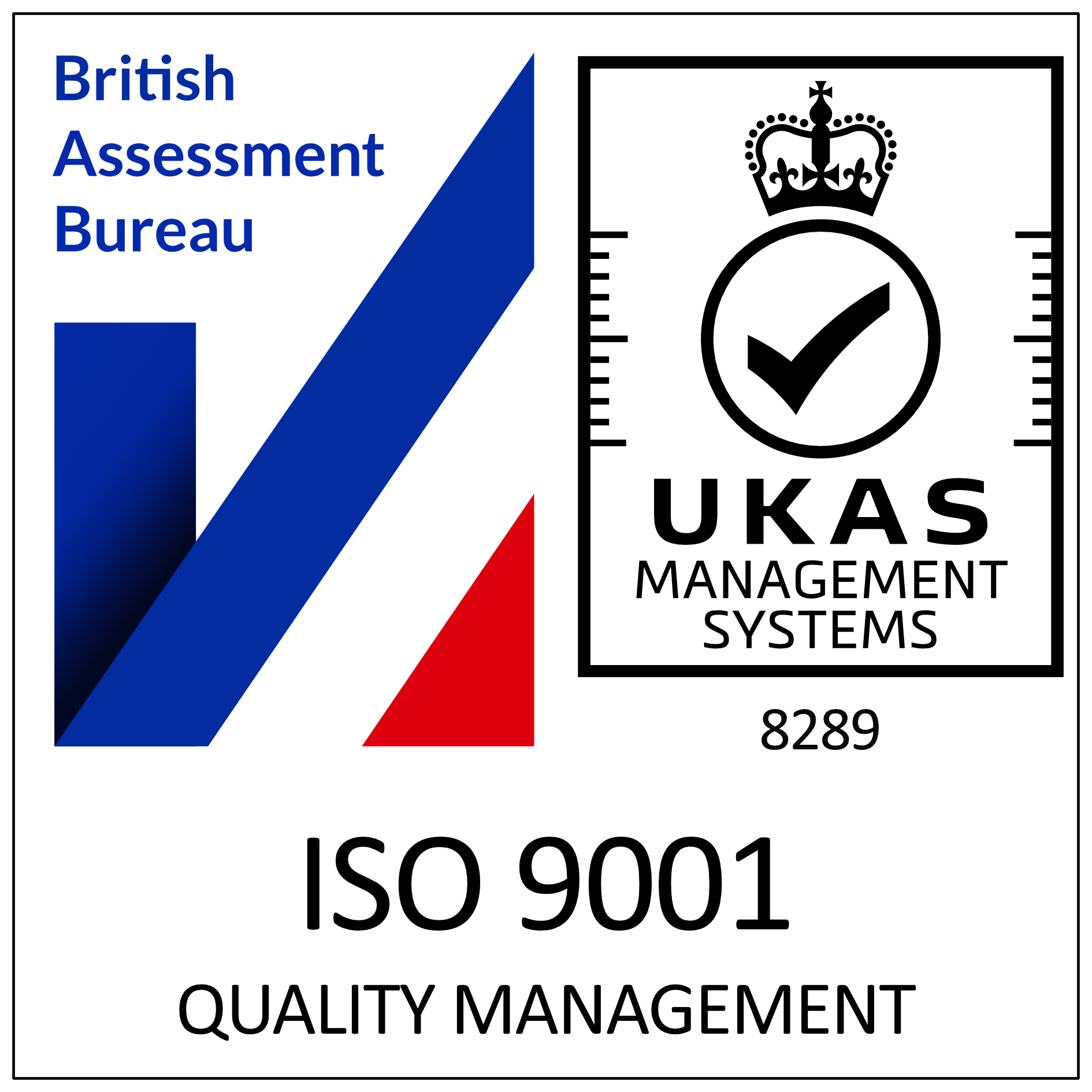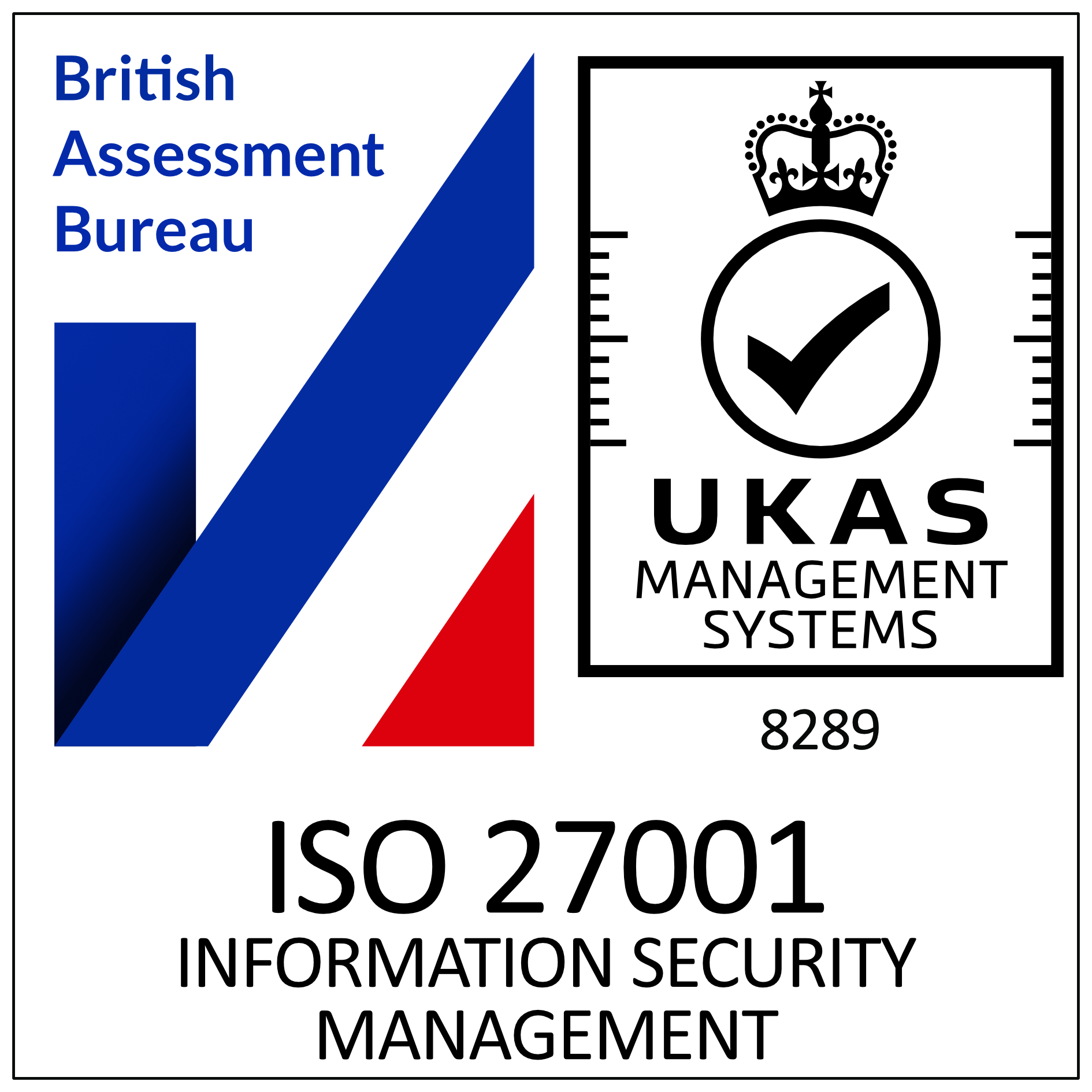HR for Growing Businesses
Simon Pridgeon – Head of Client HR
Introduction
If you are reading this then I hope you are at the very least a believer in the benefits of HR to an organisation.
Well managed HR has been proven time and time again to support improved organisational performance, and ultimately financial results.
Whilst HR is an extremely broad term itself, I am not going to be addressing a definition of it here, beyond the fact that it comes in many different flavours and styles. But I will assume that it generally covers a broad spectrum from ensuring an organisation is compliant with employment legislation and employee relations, through to strategic advice or driving everything from reward and succession planning to organisational design and performance management as well as Human Capital Management.
So, if you are a small business, when should you consider the role HR plays and what you need from HR?
You may already have someone doing it, either dedicated to it as an HR Manager, or various parts of it sit with an Office Manager, Operations Manager or the wider management population. Or you may even be trying to do it all yourself.
At the very least you may be wondering whether investment in HR is worth more than investment in other areas of your business. I think it is fair to say though that people are an organisation’s greatest asset – I’ve yet to really see any exceptions to this school of thought.
The challenge though is how HR fits into your broader business plans and how you justify the costs.
Why Invest in HR?
Firstly, HR has a role to play in terms of helping you and your business manage your risk. There is a lot of legislation out there, and it is constantly changing.
This isn’t just legislation related to topics such as Health and Safety or GDPR, but also legislation relating to your employment contracts and so therefore it is important that you don’t leave yourself open to any claims; that your recruitment practices don’t break any equality and diversity laws; and that you manage any people issues and leavers without ending up in a tribunal.
Many times, these things are not done with any intent, but the law is there to protect all of us whether a business intended to discriminate, a manager meant to bully someone, or a team leader didn’t pick up that someone needed a reasonable adjustment in the workplace.
HR definitely has a key role to play in ensuring the business adheres to the law and supporting leaders and managers with understanding how to do things right for everyone.
This isn’t just about managing business risk and compliance – it is also about ensuring the workplace is one of opportunity for everyone and making sure you stay within the law whilst you do so!
Secondly, when managed well, HR can be a real driver for business success. Your HR team can help you to both attract and retain the right people for your business and help you to plan for future growth and success. There are many ways HR can contribute but it largely depends on the philosophy of the business towards HR.
Still, in many businesses HR is a hybrid function that handles administrative people related tasks i.e. processing new starter contracts and managing payroll as well as dealing with the difficult people stuff on behalf of managers. Dealing with grievances, disciplinaries and general employment relations issues is definitely an important role for HR to play, but they shouldn’t really be expected to do the tough parts of the managers jobs for them.
Obviously, this is a business decision, and if HR’s role is to conduct these employee relations elements on behalf of managers then that is for the business to decide. This is often the case in an SME or a growing business, but it does mean that managers are less accountable for their decisions and behaviours and that HR doesn’t have the available time or resource to support more strategic, valuable issues and priorities.
HR should be there to enable better people management and people development via the management community by supporting the managers directly.
Thirdly, if HR can be involved in the strategy of the business then that is great, as they will often have a real feel for the heartbeat of the business, and can bring invaluable skills, knowledge and experience when looking at everything from recruitment through to retention of Talent and ensuring the organisation is structured in the right way. They can help build bridges between different functions, challenge the business through understanding the people requirements of the business strategy, work to ensure the company culture is positive and matches the purpose and mission of the business, and support and drive change where necessary in partnership with others across the business.
What Next?
This all may sound great, but you may be asking “so what?” Well this is the tricky bit. As a small business the investment in HR may seem significant when you look at a combination of the HR admin that needs doing, and the HR Management side. Organisations also are not static, so your requirements today may not be the same tomorrow, and this especially has an impact on HR with their role around compliance, people and change.
So, there are a number of questions any business should be asking around HR before either changing what they have or do at the moment, or in many cases before investing properly in HR for the first time:
- Are there any burning platforms that need fixing and are keeping you awake at night – i.e. not being sure if your Policies are fully legal or there are serious employee relations issues?
- Is HR going to be a source of competitive advantage for me? And if so, what do you expect from HR in that situation? And how to get the right HR set-up to do that?
- Will it free up valuable management and leadership
time having the proper infrastructure around HR?
These are all key questions – the answers to which will help to inform what you need from an investment in HR.







